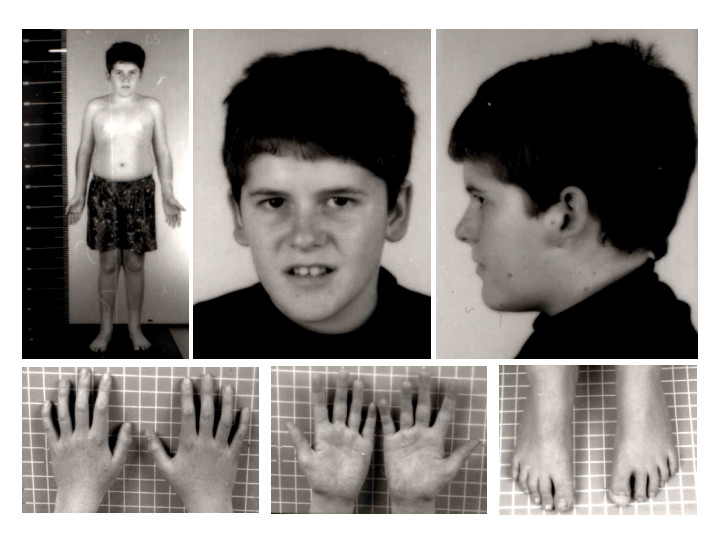An Overview of Prader-Willi Syndrome: Impacts and Awareness

Introduction to Prader-Willi Syndrome
Prader-Willi Syndrome (PWS) is a rare genetic disorder affecting approximately 1 in 15,000 live births. The condition is caused by the loss of function of specific genes on chromosome 15, leading to a variety of developmental, physical, and behavioural challenges. As awareness of this syndrome rises, understanding its effects on individuals and families is more important than ever.
Symptoms and Diagnosis
PWS is characterised by a particular set of symptoms that can vary from person to person. Common features include an insatiable appetite leading to obesity, developmental delays, and distinctive physical characteristics such as a narrow forehead, almond-shaped eyes, and small hands and feet. Children typically exhibit hypotonia (reduced muscle tone) at birth, making early diagnosis vital for effective management.
Diagnosis can be challenging, often requiring genetic testing to confirm the presence of anomalies on chromosome 15. Early intervention through a combination of healthcare support, nutritional guidelines, and psychological counselling is crucial to address the complexities of PWS.
Current Research and Treatments
Recent developments in research on PWS have brought hope to affected individuals and their families. Studies are looking into potential treatments, including hormone therapies to manage physical symptoms and appetite control. Organisations like the Prader-Willi Syndrome Association (PWSA) are at the forefront of providing resources and funding for ongoing research.
Awareness and Support
Raising awareness about Prader-Willi Syndrome is essential for fostering understanding and support for those affected. Educational campaigns aim to inform the public and healthcare professionals about the syndrome’s complexities and the significance of early intervention. Support groups offer emotional and practical assistance to families, helping them navigate the challenges posed by PWS.
Conclusion
Prader-Willi Syndrome presents profound challenges for those diagnosed and their families. Continued awareness, research, and support are critical for improving the quality of life for affected individuals. As more information becomes available, there is hope for enhanced interventions that can lead to better outcomes, ensuring those with PWS can lead fulfilling lives.







